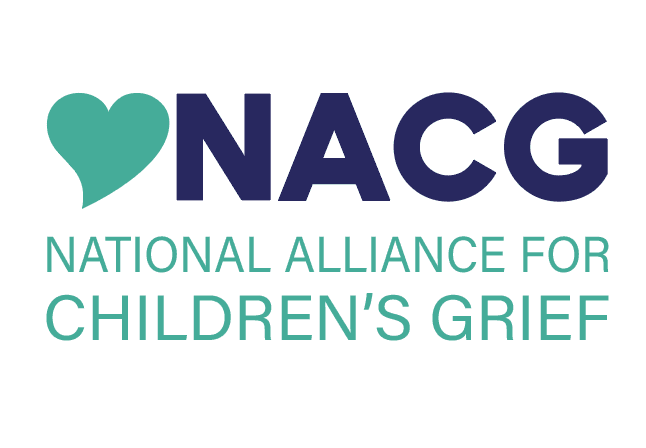
As we near the end of 2020, it is natural to look back and process the highs and lows that this year has brought. For many, the COVID-19 pandemic has taken more than it has given back, which can make the process of reflection painful. As we approach 2021, the understandable desire to fast-forward through our grief and have a “clean slate” can create pressure and self-criticism about our desire to “get over” the multiple losses we have experienced this year. Whether the loss of your loved one is recent or several years ago, it is important to remember that there is no timeline for grief.
Grief Can Be a Lifelong Process
As we process our grief, we tend to move back and forth from intense feelings of loss to moments where we focus on everyday life and changes after the loss. Healing from a loss does not necessarily mean we “move on” completely, but instead, we experience moments of grief throughout our lives. During this pandemic for example, you may have noticed “grief triggers” as you experience different levels of loss associated with isolation, inconsistencies, and many other factors impacting us this holiday season. Grief is individualized and everyone experiences grief in their own way and at their own pace. Though it may have been some time since you have felt these feelings of grief, recognize it is a normal reaction to your current life stressors.
No Timeline to Honor our Love Ones
In a year where many of us were unable to honor our loved ones with traditional services and rituals, it can lead to complex emotions as we process our loved one’s passing. The continuing bond you have with your loved one will continue and endure throughout your life as you take the memories and the time shared with your loved one into the future. For some, this can mean holding off on having an official service until it is safe for everyone to gather. Yet, others may simply share stories or their favorite meal during the holidays. Commemorating those now gone in your own way allows for a healthy healing process.
Grief Requires Self-Compassion
Creating space for the patience and self-compassion needed to heal in healthy ways is important at any point in our grief. The pressure we may place on ourselves to “move on” invalidates significant feelings of loss and can stall our ability to heal. By incorporating daily moments of self-care, it can help us better manage unexpected grief reactions no matter when they arise. Daily self-compassion may look different for everyone, but it can include other family members or close friends who are also processing the loss. As you process your own loss of a loved one this holiday season, we encourage you to be kind to yourself and respect your feelings and reactions to loss.
For additional resources, visit our website at www.childbereavement.org. To register for our free virtual grief support groups, give us a call at (888) 988-5438 or e-mail intake@childbereavement.org.









